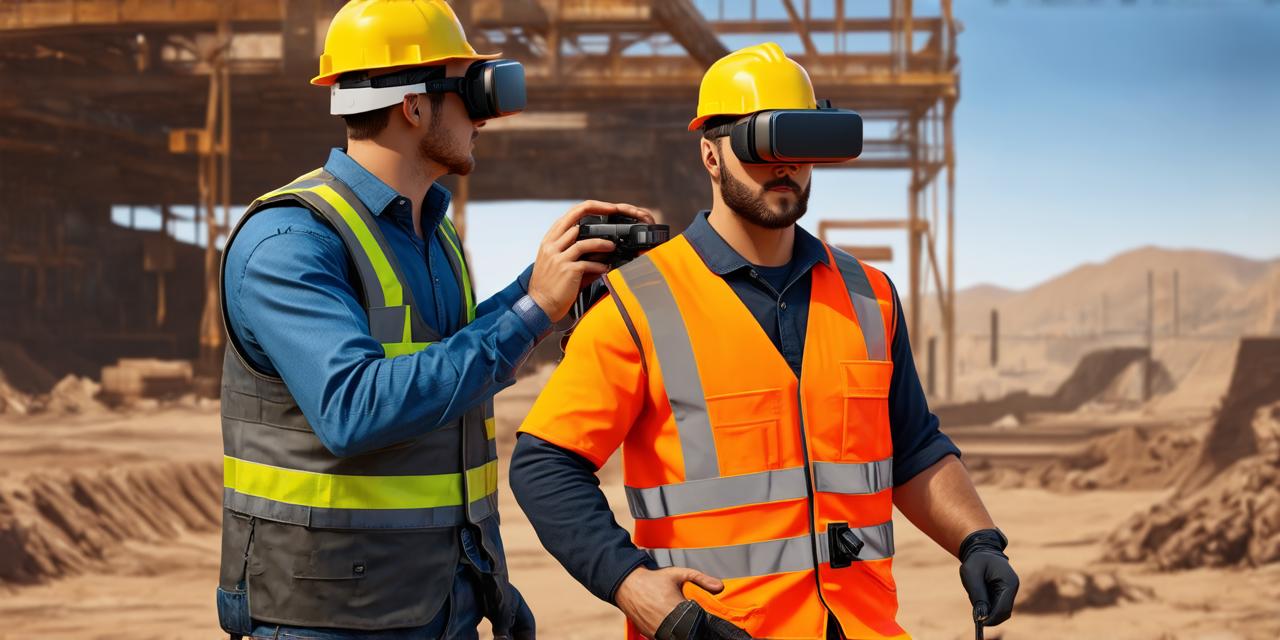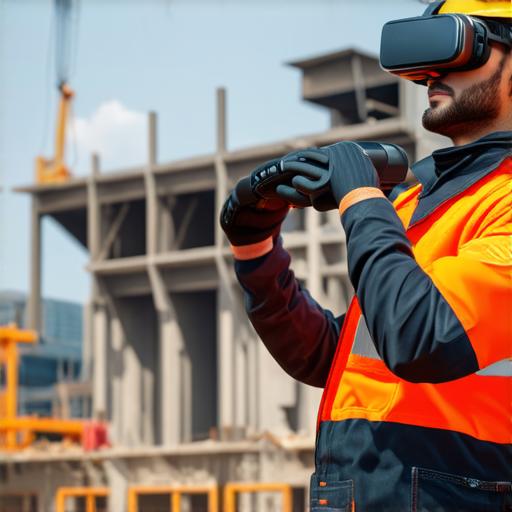
How can virtual reality be utilized in the construction industry?
Improved Project Planning
Virtual reality technology allows construction professionals to create detailed 3D models of their projects, which can be used to test and refine designs before any physical work begins. By using VR, architects, engineers, and builders can explore different design options, make changes on the fly, and get a better sense of how a project will look and function in real life. This can help reduce the risk of costly mistakes and delays during the construction process, and ensure that projects are completed to the satisfaction of all stakeholders.
Enhanced Communication and Collaboration
Virtual reality technology can also be used to improve communication and collaboration within the construction team. By creating a virtual environment that allows team members to interact with each other in real-time, VR can help bridge the gap between different locations and disciplines, making it easier for everyone to work together towards a common goal. This can help reduce misunderstandings and miscommunications, and ensure that everyone is on the same page when it comes to project goals, timelines, and budgets.
Improved Training and Education
Virtual reality technology can also be used as a training and education tool within the construction industry. By creating realistic simulations of construction sites and equipment, VR can help trainees develop their skills in a safe and controlled environment. This can be especially useful for tasks that are dangerous or difficult to perform in real life, such as working at heights or operating heavy machinery. Additionally, VR can also be used to teach students about construction principles and practices, providing them with a better understanding of the industry and its challenges.

Reduced Costs and Improved Efficiency
Finally, virtual reality technology can help reduce costs and improve efficiency within the construction industry. By using VR to test and refine designs before any physical work begins, architects, engineers, and builders can avoid costly changes and delays that can occur during the construction process. Additionally, by improving communication and collaboration within the team, VR can help ensure that projects are completed on time and within budget, reducing the risk of cost overruns and project delays.
Summary
Virtual reality technology has the potential to revolutionize the way the construction industry plans, designs, and executes projects. By using VR to improve project planning, communication, collaboration, training, and education, the construction industry can enhance its efficiency and effectiveness, while reducing costs and improving overall quality. As VR technology continues to evolve and become more accessible, it will be interesting to see how the construction industry adapts and incorporates this new tool into its workflows.


